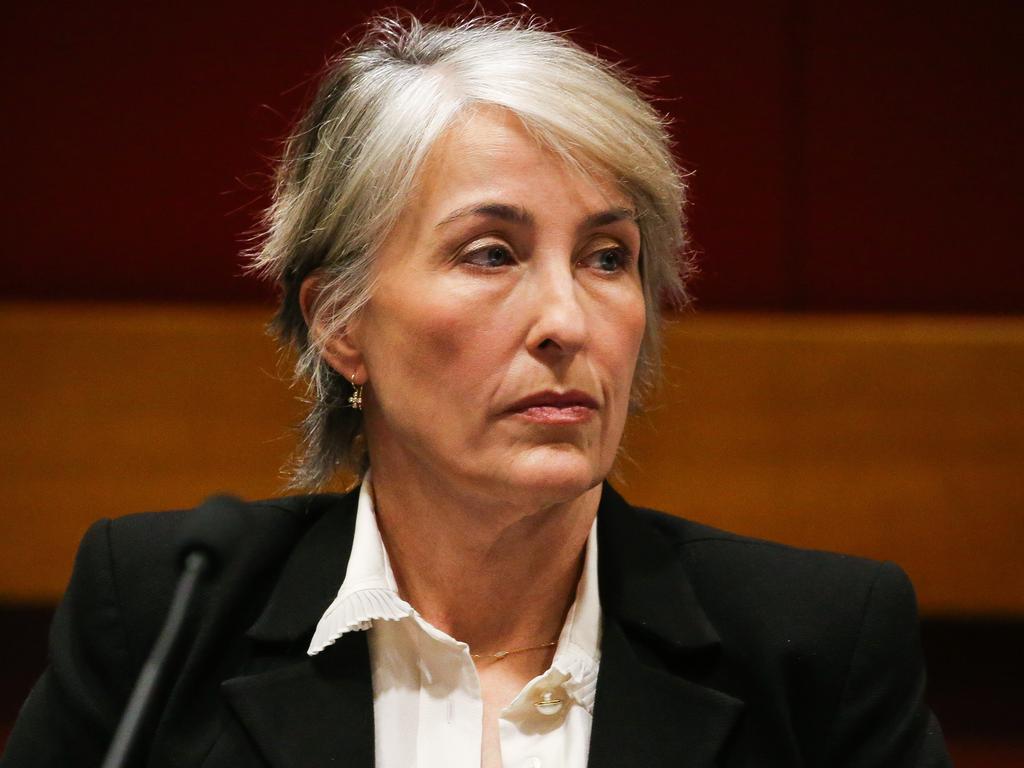NSW District Court judge John Pickering pans Office of Director of Public Prosecutions for ‘no evidence’ sex case
A District Court judge has criticised the NSW prosecution office for running a sexual assault matter that had ‘just no evidence’ to prove its case beyond reasonable doubt, in an extraordinary trial that left the jury questioning why the case was brought to court.
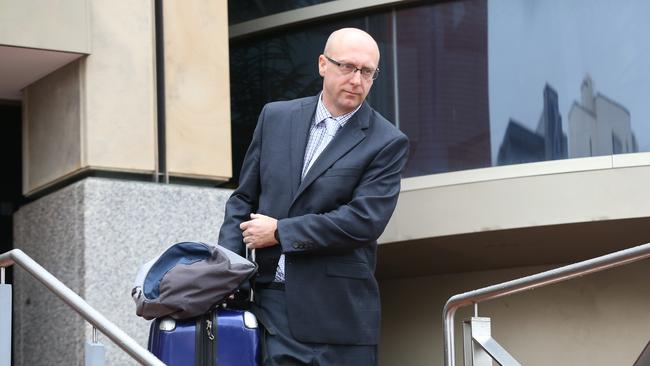
A District Court judge has criticised the NSW prosecution office for running a sexual assault matter that had “just no evidence” to prove its case beyond reasonable doubt, in an extraordinary trial that left the jury questioning why the case was brought to court.
John Pickering this week became the seventh “frustrated” judge to criticise the office of Director of Public Prosecutions Sally Dowling SC, accusing her of taking “so much time” to make decisions despite being granted “extraordinary” resources.
Presiding over a rape matter in which the accused was acquitted and awarded costs, Judge Pickering said he made “no personal criticism” of Ms Dowling or her deputies for rejecting a request from defence to drop the case and prosecuting the matter in full, but found it “troubling” that someone was “put on trial with absolutely no prospect at all they could have been convicted”.
An ODPP spokesperson said the office was “assessing the judgment and, as such, has no further comment”.
Burlesque boss Tim Rowland was found not guilty by a jury after a day of deliberation on Thursday, following a week-long trial for allegedly raping a woman in his Darlinghurst home in Sydney in August 2022.
The Crown alleged Mr Rowland was “awake and aware” he was having sex with the woman, while lawyers for Mr Rowland claimed he was suffering from an episode of sexsomnia – a disorder in which one has sex in their sleep – and did not have control over his body.
Both parties and two independent psychiatric experts agreed Mr Rowland suffered from sexsomnia, but it was up to the jury to decide whether the Crown had proven beyond reasonable doubt that he was conscious during the alleged attack.
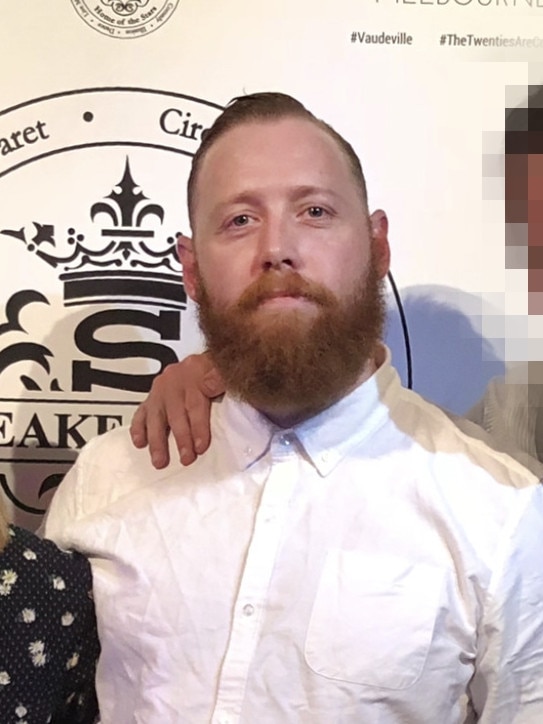
During deliberations, jurors handed up a note questioning whether there was any evidence to prove the accused was conscious.
“What types of evidence (direct or inferences) could ever prove the accused was conscious? If there could never be sufficient evidence, why did this case come to court and why is it being trialled by jury?” the jurors asked.
Judge Pickering told the court, in the absence of the jury: “I understand that question … I understand why the jury is completely baffled. There is just no evidence he is awake,” he said.
At another point in the trial, Judge Pickering said the Crown had “no evidence at all” proving the accused was awake at the time of the incident because the complainant was asleep at the commencement of the intercourse.
“Your job is to prove a case beyond reasonable doubt. You actually have no evidence, because your complainant is asleep,” he said. “You have no evidence at all about what condition he was (in) at the time that the intercourse commenced. You have none.”
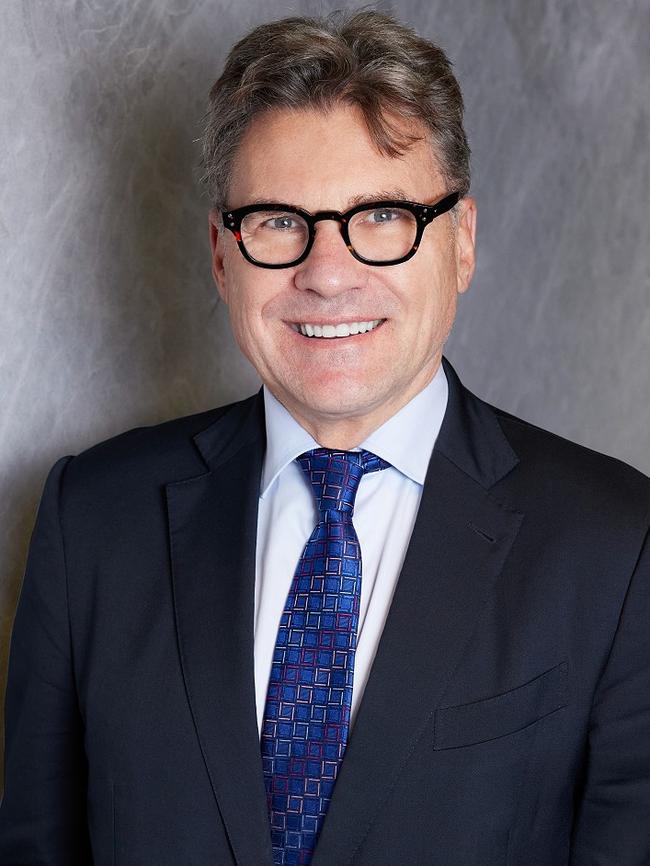
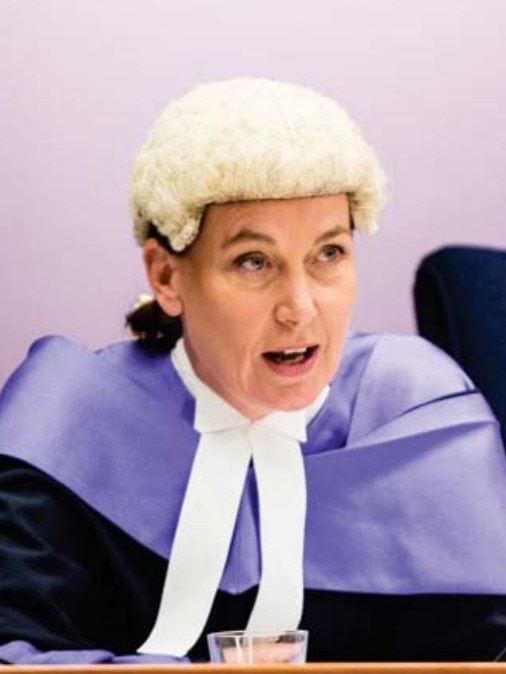
Judge Pickering’s comments come amid tensions between the ODPP and six District Court judges, some of whom have criticised her office of running rape trials that do not have enough evidence to convict.
Ms Dowling filed complaints with the NSW Judicial Commission against three of the judges – Peter Whitford, Robert Newlinds and Sean Grant – alleging their remarks were inappropriate. The commission upheld the complaint against Judge Newlinds, and partially upheld those against Judge Whitford and Judge Grant.
As a result of the criticism, Ms Dowling launched an audit of all sexual assault cases listed for trial last year to ensure they were being run in line with the prosecution guidelines.
The full results of the audit have not yet been made public, but Ms Dowling told state parliament 330 matters set down for trial between April and December last year had been audited, and 15 had been discontinued.
Ms Dowling’s office was invited by the defence in Mr Rowland’s matter to drop the case prior to trial due to there being “no reasonable prospects” of a criminal conviction. The defence, making a “no bill” application, argued there were extensive medical records and a report from a world-renowned sleep expert – which the Crown was privy to – showing the accused had a history of sexsomnia.
The expert report, compiled by psychiatrist and sleep disorder specialist Anthony Fernando, included claims that two of Mr Rowland’s ex-partners had experienced his episodes of sexsomnia. The defence, prior to trial, told prosecutors that Mr Rowland had warned the complainant not to sleep in the same bed as him because “I do some f..ked up things in my sleep”.
Police had also heard Mr Rowland tell his mother and aunt through tapped phone calls about “his sleep condition where he has sex in his sleep” weeks before he was charged.
On the first day of trial, Judge Pickering rejected the Crown’s request for an adjournment to consider the no bill application, and said he had “zero intention of adjourning trials because the director takes so much time to make decisions”.
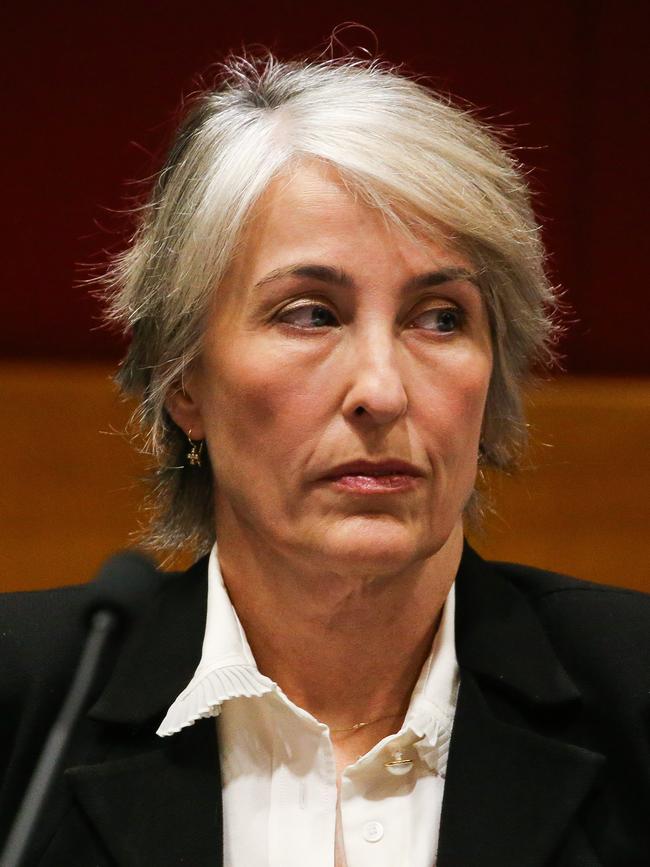
“Why can’t chambers decide it today or why can’t chambers decide it whilst the trial is running?” he said. “I have absolutely zero intention of adjourning trials because the director takes so much time to make decisions. It existed since 1987 and at least 30 of those years they used to make the decision within half an hour.”
Crown prosecutor Geoffrey Harrison, in arguing for the adjournment, said Ms Dowling’s chambers had “requested a substantial amount of material including expert reports” and said the trial “may run smoother” with an adjournment. But Judge Pickering said he would not “waste the day” on a no bill application “that inevitably will be rejected and the trial will run”.
“There’s absolutely no way I’ll adjourn on the basis of a no bill being considered for three reasons: one is the prospects of any no bill ever being agreed to by the director as minimal to zero; secondly, the director has extraordinary resources compared to what they used to have (and) should be able to make a decision on the day and particularly in light of the fact that all of these files have been audited by the director; thirdly, it’s just simply not the case that this Court – even though it has been doing it a lot over the last few years – should adjourn matters for the director’s convenience,” he said.
“That application’s refused.”
Mr Harrison asked the jury to reject Mr Rowland’s version of events in which the pair “lay in bed for some hours” after the alleged episode, but instead accept that the woman got out of bed and recorded a video of him on her phone in which he asked her: “Was that consensual?”
Judge Pickering said what happened to the woman was “awful, and revolting” considering it was agreed she woke up to someone having sex with her without her consent. However, he said “that does not make her a great witness” to give evidence that Mr Rowland was “faking being asleep” after the alleged attack.
He said the recollections of Mr Rowland’s ex-girlfriends – one of whom had told the complainant after the alleged attack that she had once woken to Mr Rowland “violently holding her down” – was “clearly significant” because it goes “to the heart of the issue of whether he would have had a sexsomnia issue on this night and also how he might have reacted to it”.
He criticised police and prosecutors for failing to properly interrogate these claims or attempt to speak with the ex-partners until during the trial.
“From a moral point of view, it’s pretty outrageous that from day one you charge and put someone on trial knowing that they’ve raised this issue, and you as a prosecuting authority – and I say that not you (Mr Harrison) personally, but NSW Police and the Director – go ‘We’re not going to investigate it. We don’t give a stuff what his prior history is. We’re not even going to go and speak to people. You go and do it yourself’, and then when you do, cross-examine in a way that it all came through him and not through independent sources, of which, ‘We couldn’t even be bothered speaking to, until actually the trial commenced, and then we make a phone call to them during the trial’. I mean really?” he said.
He continued: “You wonder why judges get frustrated and this aspect of what has led to such controversy between the District Court and the Director’s office.”
Judge Pickering awarded Mr Rowland costs for the matter, but made clear the costs order was not a “personal criticism” of Ms Dowling or anyone in her chambers.
“It’s a hypothetical test which is designed to … restore (the accused) potentially to the position they were before the start of the trial in a financial sense,” Judge Pickering said. “It is not meant to be a punishment of the Director’s office.”


